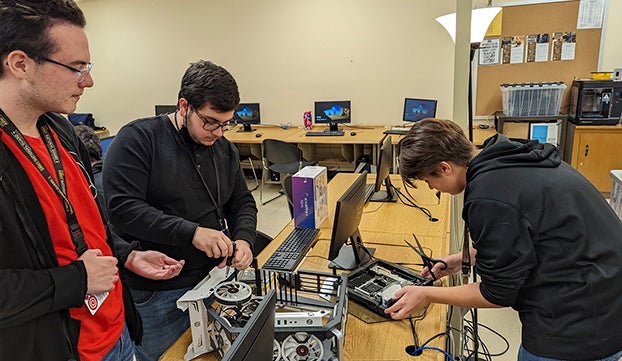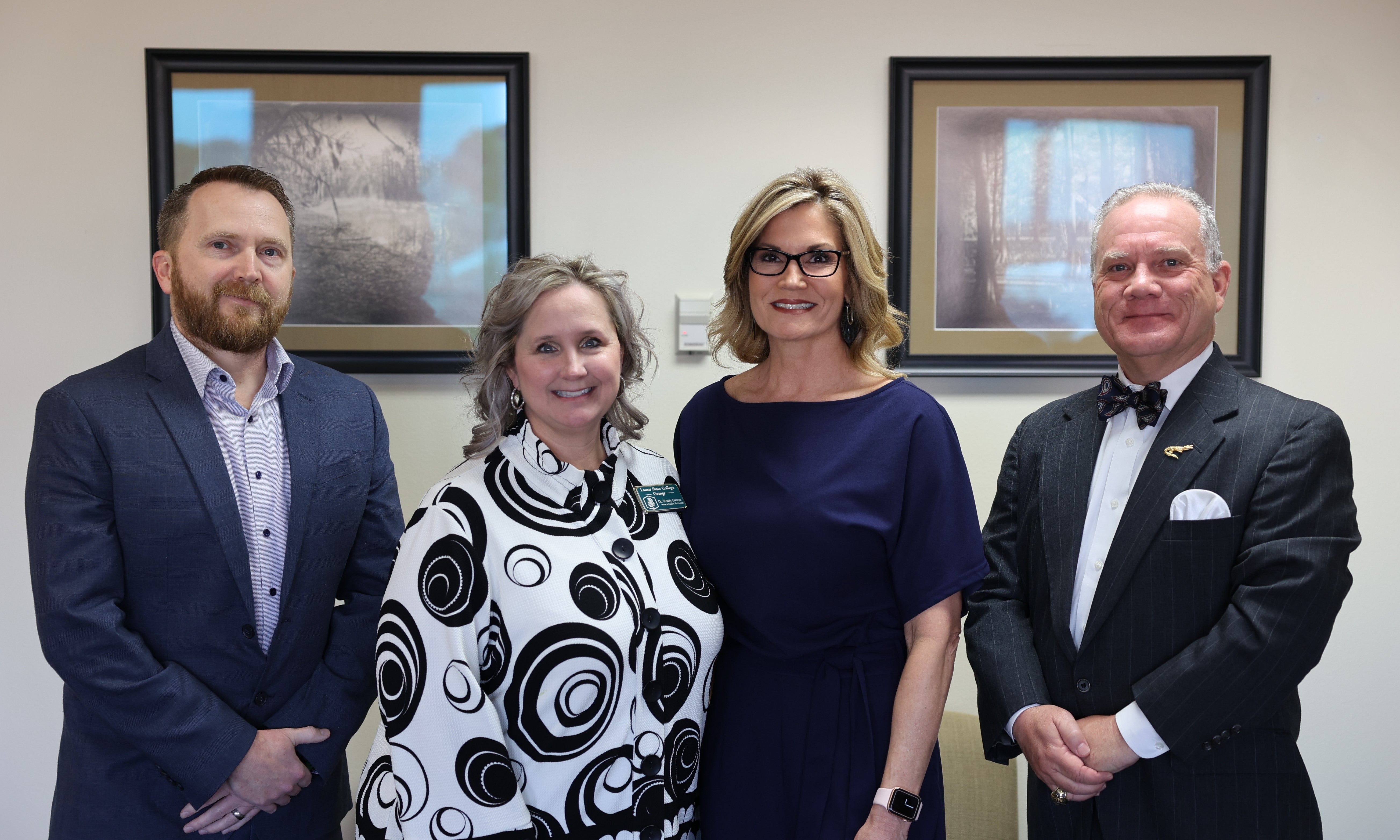TMA COVID-19 experts urge testing for schoolchildren
Published 6:52 am Wednesday, December 2, 2020
|
Getting your Trinity Audio player ready...
|
To The Leader
Texas physicians recommend schools use rapid antigen testing along with other on-campus safety measures to detect early signs of coronavirus infection among students and staff. The recommendation comes from the Texas Medical Association (TMA) School Reopening Workgroup, which includes physician members of the TMA COVID-19 Task Force, Committee on Infectious Diseases, and Committee on Child and Adolescent Health, and local health authorities from throughout the state.
Rapid antigen testing is a COVID-19 nasal or throat swab test that can produce results in minutes. The physicians say when used appropriately, rapid antigen testing in a comprehensive screening program could help schools quickly isolate children and adults who are infected with SARS-CoV-2 (COVID-19), regardless of whether the person has symptoms. This could prevent campus outbreaks and therefore create safer school environments.
“It is important to give school personnel (administrators and school nurses) guidance in developing – and more importantly understanding – the advantages of a comprehensive COVID-19 screening program in public schools,” said Charles Lerner, MD, a San Antonio epidemiologist and infectious disease specialist and member of the TMA COVID-19 Task Force. “Testing along with the isolation of infectious students and school staff will reduce everybody’s anxiety level,” said the School Reopening Workgroup member.
A positive rapid antigen test can confirm the presence of infection, but a negative test does not rule out the possibility that the person has COVID-19. The School Reopening Workgroup says the goal is to increase in-school screening and to transition any positive or symptomatic students who are tested into a physician’s care to diagnose the cause of the symptoms.
“Because of the level of false negatives and the occasional false positives, we need to be aware that this kind of screening program is not a panacea and does not replace diagnostic testing which is used by physicians to confirm the cause of symptoms,” Dr. Lerner said. “But a comprehensive school infection plan represents a very small step forward in getting children back to school.”
The School Reopening Workgroup recommends comprehensive testing in addition to school safety measures including social distancing, wearing a mask, staying home when sick, and frequent handwashing and disinfecting.





